For many parents, talking about periods with their teenagers feels awkward or overwhelming. Yet, this conversation is one of the most important parts of preparing them for adulthood. Menstruation is a natural biological process, but misinformation, stigma, and embarrassment often make teens feel confused and anxious.
By having open discussions, parents and guardians can help their teens build confidence, understand their bodies, and know when to seek medical support. In this article, we’ll explore how to effectively talk to your teenager about menstrual health and the common period-related conditions they might experience during their teenage years.
Why Talking About Periods Matters
Starting the conversation early helps normalize menstruation and removes fear or shame associated with it. When parents make talking about periods a safe, judgment-free discussion, teenagers are more likely to:
> Ask questions openly instead of relying on unreliable sources.
> Understand healthy vs. unhealthy menstrual symptoms.
> Learn self-care techniques for period pain and hygiene.
> Build positive body image and confidence.
Creating this foundation ensures your teenager grows up informed and empowered rather than fearful or embarrassed.
Tips for Talking About Periods with Your Teenager
Here are some practical strategies to make the conversation natural and supportive:
1. Start Early, Keep It Simple
You don’t need to wait until the first period to begin. Talking about periods can start in late childhood with simple explanations about body changes. Use age-appropriate language and add details as your teen grows older.
2. Break the Stigma
Encourage your teen to see menstruation as a normal part of life, not something to be hidden. Share your own experiences if comfortable, and highlight positive stories about how periods signify health and growth.
3. Encourage Questions
Let your teen know it’s okay to ask anything, no matter how small or embarrassing it may feel. Create a safe space without judgment.
4. Talk About Hygiene & Practical Care
Explain the importance of changing pads or tampons regularly, disposing of products hygienically, and maintaining personal cleanliness. Also, introduce eco-friendly options like menstrual cups or reusable pads if appropriate.
5. Normalize Emotional & Physical Symptoms
Discuss how mood swings, cramps, and fatigue are common, but also point out when symptoms might be a sign of something more serious.
6. Be Inclusive
If you are raising sons as well, involve them in conversations about periods. Understanding menstruation helps reduce stigma and promotes empathy.

Common Menstrual Health Conditions During Teenage Years
Even though menstruation is natural, many teens experience conditions that can affect their health and daily life. While most issues are temporary and improve with time, some require medical attention. Knowing about them helps both parents and teens identify concerns early.
1. Irregular Periods
In the first 2–3 years after menarche (the first period), cycles can be unpredictable. This is usually normal, as the body adjusts. However, if irregularity persists or periods stop altogether, medical advice may be needed.
2. Dysmenorrhea (Painful Periods)
Period cramps are one of the most common issues in teenagers. While mild pain is expected, severe cramps that disrupt school or activities may signal an underlying condition like endometriosis.
3. Heavy Menstrual Bleeding (Menorrhagia)
Teens may experience very heavy bleeding, soaking through pads/tampons quickly or passing large clots. This can lead to anemia and fatigue and should not be ignored.
4. Premenstrual Syndrome (PMS)
Mood swings, bloating, headaches, and irritability are common before periods. While mild PMS is manageable, severe emotional changes may indicate premenstrual dysphoric disorder (PMDD).
5. Polycystic Ovary Syndrome (PCOS)
PCOS often begins in adolescence. Symptoms include irregular cycles, acne, weight gain, and excess hair growth. Early diagnosis helps in managing long-term health risks.
6. Amenorrhea (Missed Periods)
If a teen misses periods for several months (without pregnancy), it could be due to stress, eating disorders, excessive exercise, or hormonal imbalance. Medical evaluation is essential.
7. Endometriosis
Though less common in teenagers, endometriosis can cause severe pain and heavy bleeding. If cramps are unmanageable with medication, it should be considered.
Supporting Your Teen Through Menstrual Challenges
When talking about periods, focus on reassurance and support. Practical ways to help include:
> Keeping period supplies at home and encouraging your teen to carry a small kit to school.
> Teaching them how to track cycles using apps or calendars.
> Helping them learn pain relief methods like warm compresses, exercise, or over-the-counter medication (after doctor’s guidance).
> Recognizing when symptoms need medical attention.
If your teen feels overwhelmed or ashamed, remind them that periods are not a weakness but a sign of a healthy, functioning body.
When to See a Doctor
Encourage your teen to seek medical advice if they experience:
> Extremely painful cramps that interfere with daily activities.
> Heavy bleeding lasting longer than a week.
> Periods that remain irregular after 2–3 years.
> Symptoms of PCOS (acne, irregular cycles, weight gain, excess hair).
> Severe mood changes around periods.
Conclusion
Talking about periods openly with your teenager is not just about explaining biology — it’s about breaking stigma, building trust, and empowering them to take charge of their health. By normalizing conversations and being aware of common teenage menstrual conditions, you help your teen transition smoothly through adolescence with confidence and clarity.
Remember, your guidance today shapes how they will approach their reproductive health in the future.

